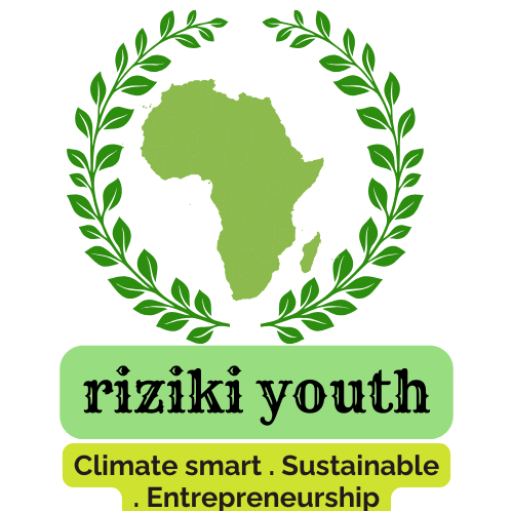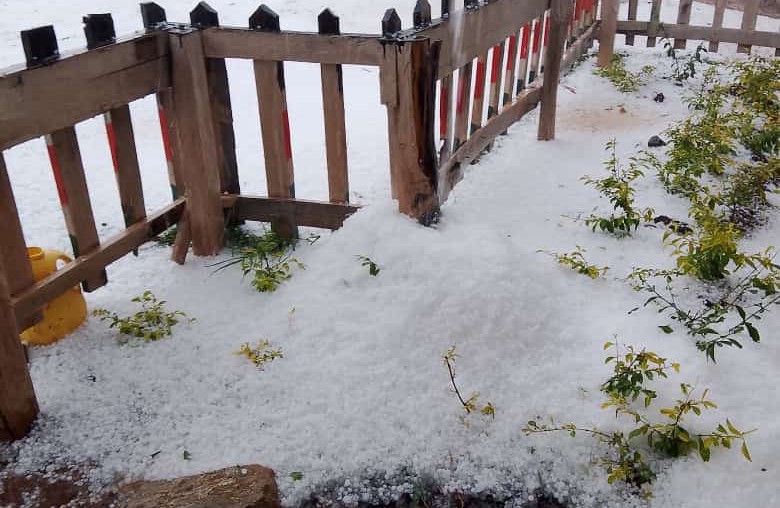Combating Climate Change in Kenya: The Role of Youth in Securing the Future of Tea Farming
Recent hailstorms in Kenya’s Rift Valley, particularly in Bomet and Kericho, have once again highlighted the devastating effects of climate change on agriculture. As the leading tea-producing regions in the country, these areas rely heavily on small-scale farmers who now face significant losses. Heavy hailstorms not only damage tea bushes but also halt plucking for at least two weeks, disrupting income and livelihoods. This calls for urgent and collaborative action to mitigate climate change and protect tea farming.
The Role of Stakeholders in Climate Action
Addressing climate change requires a joint effort from multiple stakeholders, including farmers, government agencies, private investors, NGOs, and research institutions. Among these, the youth stand out as critical agents of change. Through innovation, education, and advocacy, they can drive sustainable solutions to climate challenges in the agricultural sector.
1. Educating Farmers on Crop Diversification
One of the most effective ways to combat climate risks is through crop diversification. Overdependence on tea farming makes small-scale farmers highly vulnerable to extreme weather conditions. Youth-led programs can educate farmers on integrating alternative crops such as macadamia, avocados, and indigenous trees that provide financial resilience while promoting biodiversity. Agricultural extension services, led by young climate ambassadors, can equip farmers with knowledge on sustainable farming techniques such as agroforestry and regenerative agriculture.
Riziki Youth is already making significant strides in advocating for diversification. Through their grassroots campaigns, they have been encouraging farmers to explore avocados as an alternative cash crop, providing them with training on best farming practices and market access opportunities. Their work is crucial in ensuring farmers are not solely reliant on tea, reducing the risks associated with climate-induced losses.
2. Promoting Crop Insurance for Climate Resilience
Despite the evident threats posed by climate change, many small-scale farmers remain uninsured against climate-related losses. Youth-driven awareness campaigns can play a key role in educating farmers on the benefits of crop insurance. By collaborating with insurance providers and government agencies, youth groups can help develop affordable and accessible insurance products tailored to the needs of tea farmers. Encouraging farmers to adopt insurance will ensure financial stability even in the face of extreme weather events.
3. Advocating for Climate Financing and Policy Action
The youth can also take the lead in advocating for climate financing initiatives that support smallholder farmers. Governments and international organizations must allocate more funding towards climate adaptation programs, including improved irrigation systems, research on resilient tea varieties, and establishment of community-based early warning systems. Youth groups can champion policy changes that incentivize climate-smart agriculture while discouraging deforestation and harmful land-use practices.
Riziki Youth has been at the forefront of mobilizing young people to push for climate action. Through their active presence on social media, they provide real-time updates on climate-related occurrences, educate the public on sustainable practices, and amplify the voices of farmers affected by extreme weather. Their advocacy efforts are crucial in holding policymakers accountable and ensuring climate adaptation remains a priority.
4. Leveraging Technology for Climate-Smart Solutions
Technology presents immense opportunities for climate action in agriculture. The youth, being tech-savvy, can introduce innovative solutions such as AI-driven weather prediction tools, mobile-based farmer advisory platforms, and data-driven monitoring of climate patterns. These technological advancements can help farmers make informed decisions and reduce climate-related risks.
Call to Action: Engaging Climate Change Organizations and Sponsors
Addressing climate change in Kenya’s tea sector requires urgent collaboration. We call upon climate change organizations, corporate sponsors, and development partners to support youth-led initiatives aimed at educating farmers, implementing climate insurance schemes, and funding sustainable agriculture projects. With the right support, the youth can become the driving force behind climate resilience and economic stability for smallholder farmers.
Climate change is a shared challenge, but through joint efforts and proactive youth involvement, we can secure a sustainable future for Kenya’s tea industry and beyond.

